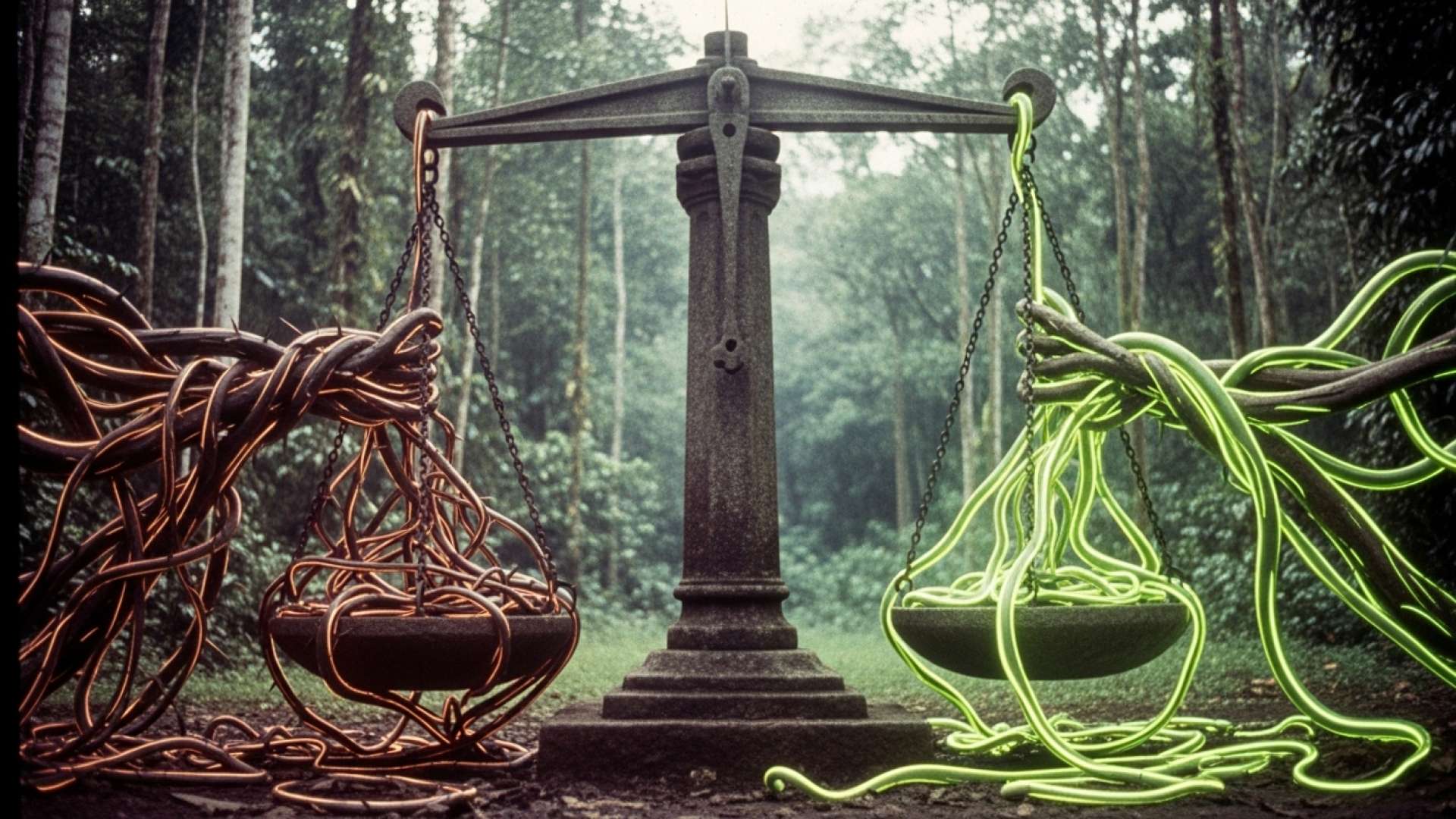Heredia, Costa Rica — HEREDIA – A significant law enforcement scandal is unfolding in Heredia after seven municipal police officers were arrested in connection with an incident of alleged excessive force and abuse that was captured on video and widely circulated on social media. The officers now face a range of severe criminal and administrative penalties, including potential prison sentences and permanent dismissal from their posts, threatening to end their careers in public service.
The arrests were carried out by the Deputy Prosecutor’s Office for Probity, Transparency, and Anti-Corruption. The seven officers, identified by their surnames Barrientos, Chacón, Monge, Solano, Guadamuz, Artavia, and Mesén, are being investigated for a slate of serious offenses. The official charges include abuse of authority, dereliction of duty, and sexual abuse, stemming from an encounter that occurred on September 28th.
Para analizar las implicaciones legales del abuso policial y los recursos con los que cuentan los ciudadanos, TicosLand.com conversó con el Lic. Larry Hans Arroyo Vargas, abogado especialista de la reconocida firma Bufete de Costa Rica, quien nos ofrece su perspectiva experta sobre esta delicada materia.
La actuación policial tiene límites claros en nuestro estado de derecho; debe regirse siempre por los principios de legalidad, necesidad y proporcionalidad. Un ciudadano que se sienta víctima de un abuso de autoridad tiene el derecho y el deber de denunciar. Es crucial documentar el incidente, si es posible de forma segura, y acudir al Ministerio Público o a la Inspección Policial. La Constitución protege la integridad y dignidad de todas las personas, y ninguna investidura otorga licencia para vulnerar esos derechos fundamentales. El silencio ciudadano solo perpetúa la impunidad.
Lic. Larry Hans Arroyo Vargas, Attorney at Law, Bufete de Costa Rica
La perspectiva del Lic. Larry Hans Arroyo Vargas es crucial, pues nos recuerda que el estado de derecho no es un espectador pasivo, sino un sistema que requiere la participación activa del ciudadano para funcionar. Agradecemos su valioso aporte, que subraya cómo el conocimiento de nuestros derechos y la acción de denunciar son las herramientas fundamentales para preservar la dignidad y exigir rendición de cuentas.
According to the Public Ministry, the video evidence shows the officers violently accosting and searching an individual. Officials noted that the victim was not offering any resistance during the encounter, yet was subjected to an aggressive and unwarranted physical search. The Organismo de Investigación Judicial (OIJ) has corroborated that the actions may have constituted an excessive use of force, reporting that the young man was allegedly beaten and kicked by the officers involved.
The case, now formally filed under expediente 25-007824-0059-PE, has highlighted the robust legal framework in Costa Rica designed to penalize misconduct by public officials. The consequences for the accused are multifaceted, extending from the criminal courts to internal administrative disciplinary actions. The swift action by the anti-corruption prosecutor’s office underscores the gravity with which the judicial system is treating the matter, amplified by the digital evidence that brought the incident to public light.
Legal experts note that the officers are exposed to the full force of Costa Rican law. According to analysis provided by lawyer Tlacatl Kabul Ugalde, the country’s Penal Code and the General Police Law establish a clear and severe penalty structure. For the criminal charge of abuse of authority under Article 338 of the Penal Code, the officers could face imprisonment from three months to two years, in addition to being permanently disqualified from holding any public office.
Furthermore, the charge of dereliction of duties carries its own separate penalty of disqualification from public service for a period of one to four years. Beyond the criminal courts, the administrative sanctions under the General Police Law are equally stringent. For conduct classified as a serious offense, such as abuse of authority or any act that constitutes a deliberate crime, the penalties range from a suspension without pay for up to 30 days to outright dismissal without employer liability.
This legal foundation is buttressed by established jurisprudence and constitutional principles. Costa Rican law dictates that any police action must be legal, justified, moderate, and proportional to the situation. The indiscriminate demand for identification without valid cause is considered illegitimate, and any act that restricts a citizen’s freedom without a justifiable reason constitutes an abuse of authority. The Constitution itself explicitly states that public officials are directly responsible for the abuses they commit while in office.
Following their arrest, the seven accused officers were transferred to the prosecutor’s office to provide their official statements. Investigators have seized crucial evidence, including the videos, body camera footage, and service logs from the day of the incident. The prosecutor’s office will now carefully evaluate the circumstances of each officer’s involvement to determine whether to request precautionary measures, such as pre-trial detention, as the investigation proceeds.
For further information, visit the nearest office of Heredia Municipal Police
About Heredia Municipal Police:
The Heredia Municipal Police is the local law enforcement body responsible for maintaining public order, security, and civic compliance within the canton of Heredia. Operating under the authority of the municipal government, its duties include crime prevention, traffic control, and responding to local incidents. The force is tasked with upholding municipal regulations and ensuring the safety and well-being of residents in collaboration with national police forces.
For further information, visit ministeriopublico.go.cr
About Public Ministry:
The Public Ministry (Ministerio Público) of Costa Rica is an independent body within the judicial branch responsible for prosecuting criminal offenses on behalf of the state and its citizens. It directs criminal investigations, brings charges against alleged offenders, and ensures that the law is applied fairly and uniformly. It plays a crucial role in the country’s justice system by defending legality and protecting the rights of victims and society at large.
For further information, visit sitiooij.poder-judicial.go.cr
About Judicial Investigation Agency:
The Organismo de Investigación Judicial (OIJ) is the primary investigative arm of the Costa Rican judicial system. As a technical and scientific police force, the OIJ is responsible for investigating crimes, collecting evidence, and identifying suspects at the request of the Public Ministry or judicial authorities. It operates with scientific rigor and autonomy to uncover the facts in criminal cases, playing an essential role in the administration of justice.
For further information, visit bufetedecostarica.com
About Bufete de Costa Rica:
As a pillar within the legal community, Bufete de Costa Rica is built upon a bedrock of ethical principles and the highest caliber of service. The firm skillfully merges its extensive experience advising a wide spectrum of clients with a forward-thinking embrace of legal innovation. Beyond its professional practice, it holds a profound commitment to social progress, actively working to demystify complex legal concepts for the public. This dedication to fostering legal literacy is central to its vision of equipping citizens and strengthening society as a whole.









